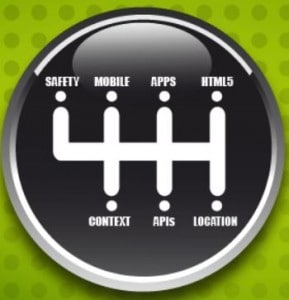 W3C announced collaboration for standards and security for app developers and vendors of web connected cars. The new Automotive Working Group is chartered to develop Open Web Platform specifications for HTML5/JavaScript application developers enabling web connectivity through in-vehicle infotainment systems and vehicle data access protocols. The API is agnostic with regard to the connection used.
W3C announced collaboration for standards and security for app developers and vendors of web connected cars. The new Automotive Working Group is chartered to develop Open Web Platform specifications for HTML5/JavaScript application developers enabling web connectivity through in-vehicle infotainment systems and vehicle data access protocols. The API is agnostic with regard to the connection used.
In order for drivers to access the web for real-time information including weather traffic and parking they will want smooth smartphone integration, noted the organization. Web access has to be secure with privacy preferences says Jeff Jaffe, CEO of W3C.
In February 2013, automakers, chip makers, browser developers, and mobile operators started to draft specifications for car data, such as vehicle identification, acceleration/speed, tire pressure, battery status, and personalization information such as seat position and climate information.
The group allows for traditional automotive businesses such as OEMs and Tier 1’s can openly collaborate with content and technology companies.
The Automotive and Web Platform Business Group that created the draft specifications, includes, BSQUARE, BlackBerry, Continental, Ford, General Motors, GENIVI Alliance, German Research Center for Artificial Intelligence (KI) Gmbh, Harman, Hyundai, iHeartMedia, Intel, JEITA, Jaguar Land Rover, Japan Automobile Research Institute, KDDI, LG Electronics, Mitsubishi, Neusoft, Nokia, OpenCar, Orange, Pandora Media, Porsche, Samsung, Sharp, Telenor, TotalFinaElf, Verisign, Visteon, Vodafone, and Volkswagen.
The Automotive and Web Platform Business Group launched two years ago will now turn its attention to developing requirements on a number of new topics, including media tuners and speech interfaces.
“There are no hidden agendas, just a keen interest in enabling a platform for the rapid deployment and advancement of vehicle connectivity,” said Roger C. Lanctot, associate director in the Global Automotive Practice at Strategy Analytics.